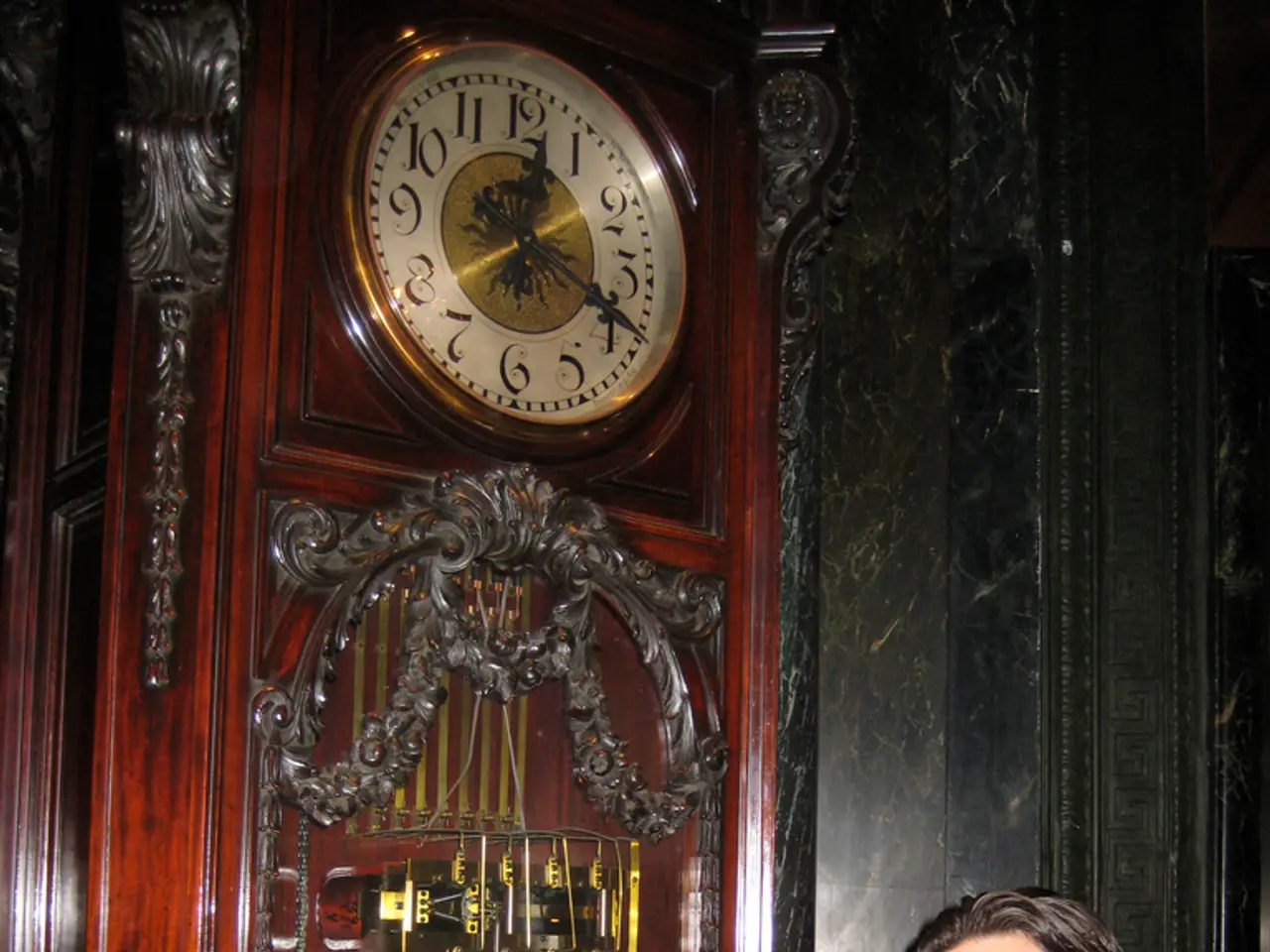Understanding Dating Anxiety: Its Roots and Strategies for Overcoming It
In the realm of modern dating, feelings of anxiety are not uncommon. Dating anxiety is a condition characterized by excessive worries or fears about dating, which can affect anyone at any stage of their romantic life. This article aims to shed light on the causes, symptoms, and effective strategies for managing this often-overlooked issue.
A person can express their standards and expectations clearly, arrange dates in places they feel comfortable, and engage in self-disclosure to alleviate social anxiety. However, some individuals may choose not to date due to societal or familial pressure, or because they are on the asexual or aromantic spectrum.
Dating anxiety can stem from a variety of sources. Past negative experiences or trauma, particularly in romantic relationships, often lead individuals to carry fear and caution into new romantic situations. Attachment styles developed in childhood, particularly anxious attachment, can also contribute to dating anxiety. If caregivers were emotionally unavailable or inconsistent, individuals may grow up doubting their self-worth and fearing abandonment, which can manifest as worry, clinginess, and mistrust in dating.
Fear of abandonment or loss of autonomy, inconsistency or perceived neglect by a partner, carrying over emotional stress from other life domains, lack of healthy relationship models, and underlying anxiety disorders such as generalized anxiety disorder (GAD) or social anxiety, can all heighten discomfort and fear specifically around dating or forming attachments.
Dating anxiety can feel awkward, overwhelming, and stressful, and may affect other areas of a person's life. However, there are strategies to manage this condition. Practicing mindfulness through meditation, breathing exercises, and relaxation techniques can help regulate emotions and change negative thought patterns. Establishing values and needs, using clear and effective communication, and feeling comfortable with one's potential partner and date setting are also crucial steps in managing dating anxiety.
While dating anxiety is not an official condition in the Diagnostic and Statistical Manual of Mental Disorders, it can significantly impact a person's mental health and quality of life. If these feelings persist, it is recommended to seek help from a healthcare professional. Therapy, particularly psychotherapy, cognitive behavioral therapy, and mindfulness-based stress reduction, can help individuals manage their emotions, improve self-awareness, and develop a strong sense of self.
For LGBTQIA+ individuals, resources for evidence-based health information and support can be found at dedicated hubs. Learning about what makes a healthy relationship can help a person set healthy emotional and physical boundaries, which is an important aspect of managing dating anxiety.
In summary, dating anxiety commonly arises from a combination of early attachment influences, past relationship traumas, present stressors, fears of abandonment or loss, partner behaviors perceived as neglectful, and sometimes underlying anxiety disorders. By understanding these causes and adopting strategies to manage them, individuals can navigate the complex world of dating with more confidence and ease.
- Underlying anxiety disorders such as generalized anxiety disorder (GAD) or social anxiety can contribute to an individual's fear and anxiety in dating scenarios.
- Deep-rooted attachment styles developed in childhood, particularly anxious attachment, can also manifest as worry, clinginess, and mistrust in relationships during adulthood.
- Seeking support from healthcare professionals can help individuals manage their emotions, improve self-awareness, and develop a strong sense of self, which is crucial for managing dating anxiety.
- Resources for evidence-based health information and support, specifically tailored for the LGBTQIA+ community, can be found at dedicated hubs to aid in understanding what constitutes a healthy relationship.
- By developing a clear understanding of the causes of dating anxiety, individuals can equip themselves with effective strategies to navigate the dating world with increased confidence and ease.




